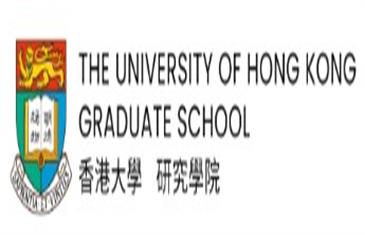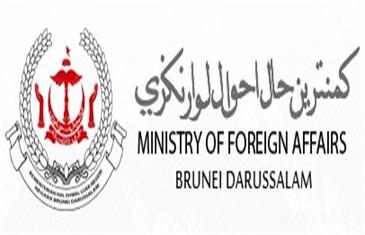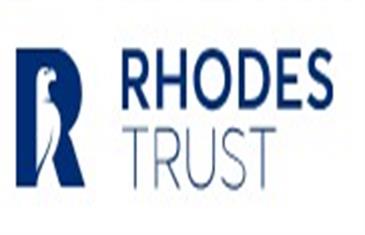10 Ways To Find Your Ideal Higher Education Institute Abroad
July 07, 2023 • 849 Views

Study abroad expert advice
Don't waste time! just fill the form to get help.
Many Pakistani students perceive that the quality of education offered by institutions abroad is higher compared to local universities. They believe that studying abroad provides access to advanced teaching methods, research opportunities, state-of-the-art facilities, and a more practical and industry-relevant curriculum. Studying abroad offers Pakistani students a chance to become more independent, self-reliant, and adaptable.
How Pakistani Students Can Find University To Study Abroad
Finding your ideal higher education institution abroad involves similar steps to finding one domestically. There are some additional considerations specific to searching for an ideal institution abroad. When searching, consider the following steps:
Research study destinations
Explore different countries known for their quality education and the programs they offer. Consider factors such as the language of instruction, cultural diversity, safety, cost of living, visa requirements, and post-graduation opportunities.
Look For Study programs
Look for institutions abroad that offer programs and majors aligned with your academic and career interests. Research the curriculum, faculty expertise, and any specific features or advantages of the program that may appeal to you.
Check Language Requirements
Determine if the institution requires proficiency in a specific language, such as English or the native language of the country. Check if they offer language courses or support for international students who may need to improve their language skills.
Consider University’s International rankings
Consult global university rankings, such as QS World University Rankings or Times Higher Education World University Rankings, to get an idea of the reputation and academic standing of institutions abroad. However, remember to consider other factors beyond rankings.
Explore Scholarships Opportunities
Look into scholarship opportunities and financial aid packages specifically available to international students. Explore both institution-specific scholarships and external scholarship programs that can help alleviate the financial burden of studying abroad.
Attend Student Support Orientations
Investigate the support services offered to international students, such as orientation programs, academic advising, counseling services, and cultural integration initiatives. These resources can greatly enhance your experience while studying abroad.
Join Alumni Network
Research the presence and involvement of alumni from the institution in your home country or in your field of interest. An active and well-connected alumni network can provide valuable networking opportunities and career support.
Consider Cultural Values
Consider the cultural environment of the country and the institution itself. Reflect on whether you would feel comfortable living and studying in a different cultural setting and how it aligns with your personal values and preferences.
Visa Requirements And Immigration Policies
Familiarize yourself with the visa requirements and immigration policies of the country you wish to study in. Ensure that you understand the application process, any financial requirements, and any restrictions or opportunities related to working during or after your studies.
Consult With Advisors And Professionals
Seek guidance from education consultants, advisors, or professionals with expertise in international education. They can provide valuable insights, help you navigate the application process, and offer personalized recommendations based on your goals and circumstances.
Related News
Consultants for Pakistan
Latest Scholarships
-
 Hong-Kong
Hong-KongUniversity of Hong Kong Summer Research Programme 2026 – Fully Funded Opportunity
-
 United-Arab-Emirates
United-Arab-EmiratesGovernment of Brunei Darussalam Scholarship Fully Funded for International Students
-
 Turkey
TurkeyTurkiye Burslari Scholarship 2026 Study in Turkey Fully Funded
-
 UK
UKRhodes Scholarship 2026 Fully Funded at University of Oxford UK

.jpg)


.jpg)
.jpg)
.jpg)
.jpg)



.png)